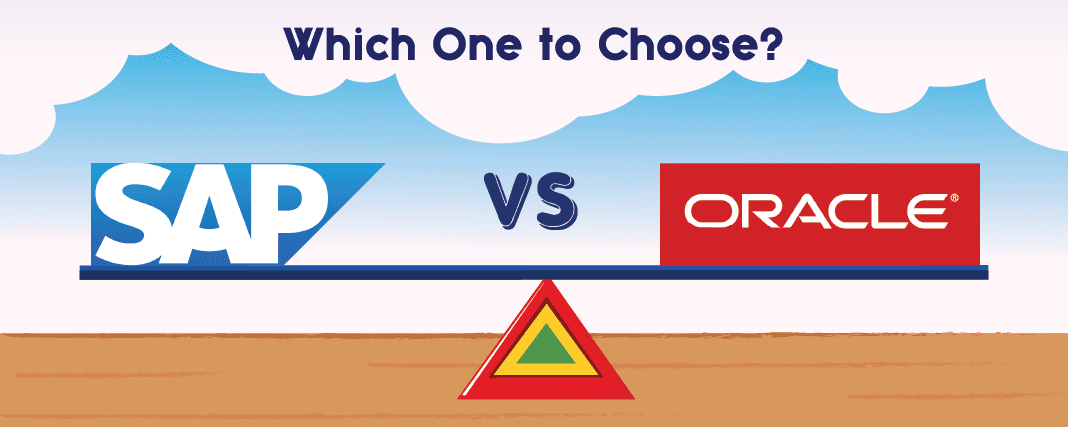- About Us
About
Forging Future Excellence with Innovation and Collective Expertise
Group Companies
Strength in Unity
- Our Services
- Software Product Engineering
- Hire Dedicated Development IT Teams In India
- QA & Testing
- Custom Application Development Services
- E-Commerce
- Data Engineering
- Artificial Intelligence
- Cloud Services
Software Product Engineering
Developing Innovative Software Products
Dedicated Software Teams
Committed Skilled Software Developers
QA & Testing
Precision in Quality Assurance
Application Development
Crafting Custom Applications
E-Commerce
Empowering Online Retail Experiences
Data Engineering
Mastering Data Solutions
Artificial Intelligence
Powering with AI Innovations
Cloud Services
Premium Cloud Services Offered
- Solutions
- Financial Management Services
- Workforce Management
- Human Resource Management
- E-Learning
- Supply Chain Management
- Fleet Management
- CRM
- Operations Management
- Asset Management
- Web Portals
- Content Management System
- ERP
- Document Management
- RPA
Financial Management Services
Enhancing Financial Operations Suite
Workforce Management
Optimizing Workforce Efficiency Solutions
Human Resource Management
Streamlining HR Operations Solutions
E-Learning
Revolutionizing Online Learning Experiences
Supply Chain Management
Efficient Solutions for Supply Chains
Fleet Management
Optimizing Fleet Operations Solutions
CRM
Empowering CRM Solutions
Operations Management
Enhancing Operational Efficiency Solutions
Asset Management
Maximizing Asset Value Solutions
Web Portals
Creating Seamless Web Experiences
Content Management System
Efficient Content Management Solutions
ERP
Integrated Business Solutions Platform
Document Management
Effortless Document Management Solutions
RPA
Automating Business Processes Solutions
- Technologies
Mobility
Wireless Connectivity Empowering Accessibility
Web Technologies
Enhancing Online Presence
ERP Technologies
Integrating Business Operations
ETL Technologies
Streamlining Digital Data Integration
Cloud Technologies
Infrastructure with Cloud Innovations
Data Technologies
Maximizing Business Insights
- Industries
- Healthcare
- Fintech
- BFSI
- Telecommunication
- Automotive Industry
- Retail and eCommerce
- Logistics & Transportation
- Travel & Tourism
- Media and Entertainment
- Oil & Gas
- Professional Services
Healthcare
Empowering Wellness Through Innovation
Fintech
Revolutionizing Finance, Digitally Empowered
BFSI
Navigating Finances with Expertise
Telecommunication
Connecting Beyond Boundaries
Automotive Industry
Driving Innovation Forward
Retail and eCommerce
Elevating Retail Experiences
Logistics & Transportation
Efficiency in Motion
Travel & Tourism
Adventures Await, Seamlessly
Media and Entertainment
Entertainment Redefined, Always
Manufacturing
Crafting Future Solutions
Oil & Gas
Fueling Future Possibilities
Professional Services
Excellence in Every Service
Education and eLearning
Learning without Limits
ISV
Empowering Software Innovations
- Case Studies
- Contact Us

Why Use Java For Enterprise Application Development in 2024
In the ever-evolving landscape of enterprise application development, Java continues to hold its ground as a robust, versatile, and highly reliable programming language. Let’s delve into why Java remains a top choice for enterprise app development in 2024, exploring its use cases, benefits, and real-world applications.
Java Web Development: A Tried and True Approach

Java has been a cornerstone in the realm of web development for decades. Its ability to handle large-scale enterprise applications with ease is unmatched. Here’s why:
- Platform Independence: Java’s “write once, run anywhere” philosophy allows developers to create applications that can run on any device with a Java Virtual Machine (JVM). This cross-platform capability ensures broad compatibility and reduces development costs.
- Robust Security Features: Security is paramount in enterprise applications. Java provides built-in security features like advanced authentication, cryptography, and access control, making it a preferred choice for secure web applications.
- Scalability and Performance: Java is designed to handle high-performance, scalable applications. Its multithreading capabilities and efficient memory management ensure smooth operation even under heavy loads.
- Rich Ecosystem: The extensive library of frameworks and tools available for Java, such as Spring, Hibernate, and Struts, accelerates development and enhances functionality.
Why Java for Enterprise App Development?

Java’s versatility and reliability make it ideal for various enterprise applications:
- Enterprise Resource Planning (ERP) Systems: Java is widely used in developing ERP systems due to its scalability and robust integration capabilities.
Example: A multinational company implemented a Java-based ERP system to streamline its operations across different regions. The system integrated seamlessly with various third-party services and handled massive data volumes efficiently.
- Customer Relationship Management (CRM) Systems: Java’s ability to manage complex business processes makes it perfect for CRM systems.
Example: A global retail giant developed a CRM platform using Java, allowing them to manage customer interactions, sales data, and service requests in a unified system.
- Banking and Finance Applications: Security, reliability, and performance are critical in the financial sector, and Java delivers on all fronts.
Example: A leading bank used Java to develop its online banking platform, providing customers with secure and fast access to their accounts and transactions.
- Healthcare Systems: Java’s robustness and security features are critical for healthcare applications that handle sensitive patient data.
Example: A large healthcare provider developed a Java-based system to manage patient records, appointments, and billing, ensuring data security and compliance with healthcare regulations.
Java Use Cases and Code Examples
1. E-commerce Platforms
Java is extensively used to develop robust e-commerce platforms. Here’s a simple example of a Java servlet handling user login for an e-commerce site:
java
@WebServlet("/login")
public class LoginServlet extends HttpServlet {
protected void doPost(HttpServletRequest request, HttpServletResponse response) throws ServletException, IOException {
String username = request.getParameter("username");
String password = request.getParameter("password");
// Authentication logic
if(UserService.authenticate(username, password)) {
response.sendRedirect("dashboard.jsp");
} else {
response.sendRedirect("login.jsp?error=true");
}
}
}2. Inventory Management Systems
Java’s robust handling of databases makes it ideal for inventory management systems. Here’s an example of a simple Java program interacting with a database to retrieve inventory details:
java
public class InventoryService {
public List<Item> getInventory() throws SQLException {
Connection conn = DriverManager.getConnection(DB_URL, USER, PASS);
Statement stmt = conn.createStatement();
String sql = "SELECT * FROM Inventory";
ResultSet rs = stmt.executeQuery(sql);
List<Item> items = new ArrayList<>();
while(rs.next()) {
Item item = new Item(rs.getInt("id"), rs.getString("name"), rs.getInt("quantity"));
items.add(item);
}
rs.close();
stmt.close();
conn.close();
return items;
}
}3. Financial Applications
Java’s secure and reliable nature makes it a prime candidate for financial applications. Below is an example of a Java class for handling basic bank account operations:
java
public class BankAccount {
private double balance;
private String accountNumber;
public BankAccount(String accountNumber, double initialBalance) {
this.accountNumber = accountNumber;
this.balance = initialBalance;
}
public void deposit(double amount) {
if(amount > 0) {
balance += amount;
}
}
public boolean withdraw(double amount) {
if(amount > 0 && amount <= balance) {
balance -= amount;
return true;
}
return false;
}
public double getBalance() {
return balance;
}
public String getAccountNumber() {
return accountNumber;
}
}Stats and Reports
According to the 2023 Stack Overflow Developer Survey, Java remains one of the most popular languages among professional developers, particularly in large organizations. Reports from Statista indicate that Java is among the top three languages used for enterprise application development. A survey conducted by JetBrains also reveals that Java continues to be the primary language for many developers working on enterprise-level applications.
Additionally, a 2023 report by Gartner highlighted that Java’s strong performance in security, reliability, and scalability makes it a preferred choice for CIOs when planning long-term enterprise solutions.
Conclusion
Java continues to be a powerful and reliable choice for enterprise application development in 2024 due to its platform independence, robust security features, scalability, and extensive ecosystem. Whether you’re looking to develop an ERP system, CRM platform, banking application, or healthcare management system, Java provides the tools and frameworks necessary to build efficient, scalable, and secure applications.
If you’re considering developing an enterprise application and need expert assistance, look no further. Hire Java developers in India or find Remote Java developers to bring your vision to life. With skilled Java web developers and Java programmers for hire, you can ensure the success of your project.
Explore our services and get started today with Strawberry Infotech. Let’s innovate together and build the future of enterprise applications with Java!




